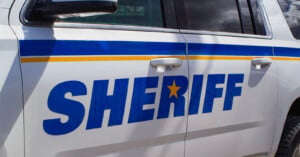
Sheriff Apologizes for Sharing Photo of a Dead Body on Instagram
A Florida sheriff issued an apology after a photograph of a dead body was posted to his Instagram account.

A Florida sheriff issued an apology after a photograph of a dead body was posted to his Instagram account.
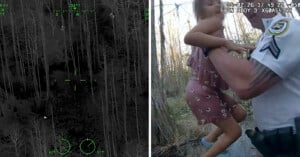
Sheriff's deputies in Florida used thermal imaging cameras on a police helicopter to locate and rescue a missing five-year-old autistic child in the swamplands of Tampa.
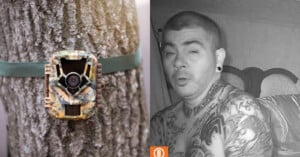
A hapless thief who stole a city game camera which began sending photos of him to the police has been arrested.
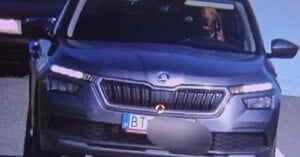
A man in Slovakia has been fined after a traffic camera captured a dog behind the wheel of his speeding vehicle.
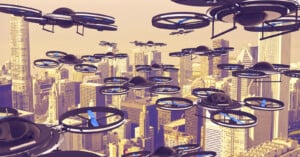
While PetaPixel editor-in-chief Jaron Schneider implores drone manufacturers to make drones compelling enough to jump through regulatory hoops in the United States, law enforcement and first responders in the United States are finding plenty of reasons to fly drones. However, some critics wonder if existing limits are sufficient to curtail the questionable use of drones, especially by police.
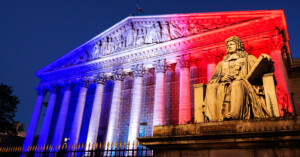
As part of a broader justice reform bill, French lawmakers have given French police the legal authority to spy on suspects by remotely activating cameras, microphones, and GPS location functionality on a person's smartphone and other connected devices.
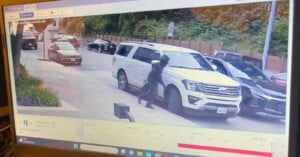
Documentary filmmaker Eli Steele says that about $30,000 of gear was stolen out of his rental car in San Francisco this week, and adds that the local police were not able to help as they had been "defanged."
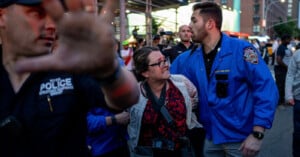
An experienced photojournalist was arrested while covering a protest over the chokehold death of Jordan Neely in New York City.
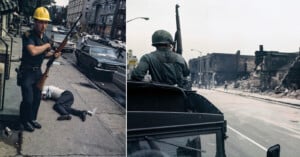
Photojournalist Bud Lee was shooting a portrait of a Wall Street stockbroker when he got the call to say that a civil uprising was underway in nearby Newark, New Jersey.
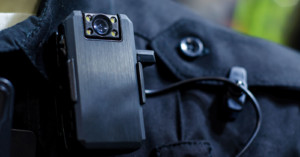
Some police forces are trialing body cameras that are scanned by AI technology to detect bad behavior from officers.
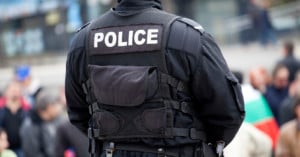
Memphis police have released the body camera footage that shows the brutal beating of aspiring photographer Tyre Nichols.
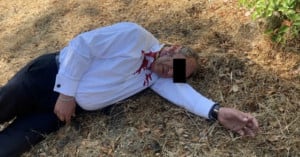
Federal agents staged an elaborate fake murder photograph to catch a man who they suspected of plotting to kill two business associates to avoid millions of pounds in debt.

Raspberry Pi, makers of single-board computers and tiny cameras, has come under fire from members of its user base that are upset the company hired a former police officer who used the products to covertly surveil targets.
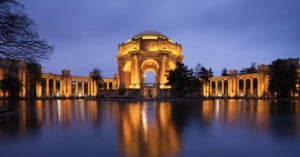
San Francisco will be posting more police in the Marina district in response to the high-profile armed robbery of a photographer at the Palace of Fine Arts last week.
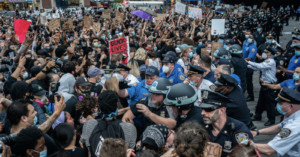
After a spate of lawsuits following the George Floyd protests, relations between police and media have never been more strained, or more complicated.
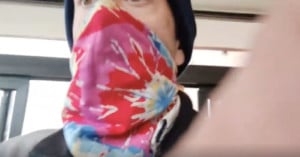
A livestreaming photographer has been acquitted by a jury for interfering with police's response to a mass shooting.
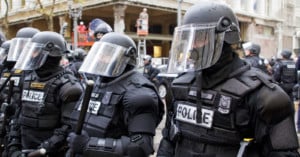
A photographer is in line for a $350,000 payout from Denver Police after he nearly lost his finger while covering the George Floyd protests in 2020.
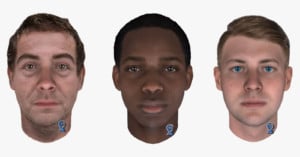
Police departments are using a new high-tech tool for catching criminals and identifying victims: realistic portraits generated from DNA data. The technology is astounding in its results, but it has attracted its fair share of criticism and controversy.
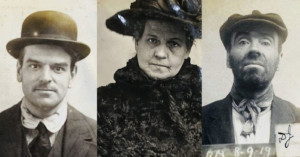
A police photo album from the Victorian era that features criminal mugshots will go to auction after it was saved from a dumpster.
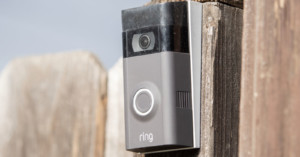
Thanks to new legislation, the San Francisco Police Department can now, without a warrant, gain access to live video feeds from privately owned security cameras in the city under certain circumstances.
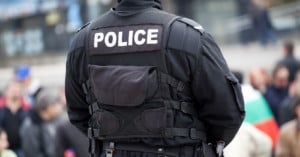
Earlier this year, Arizona governor Doug Ducey signed HB 2319, a law that would make it illegal to record or photograph police within eight feet of them. It's being challenged, and the results will have nationwide implications.
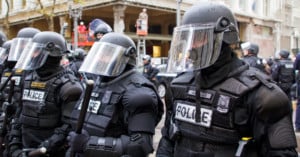
The National Press Photographers Association (NPPA) has joined with the Arizona Broadcasters Association and the American Civil Liberties Union of Arizona (along with eight other media organizations) to file a lawsuit against Arizona's law that restricts the recording of police.
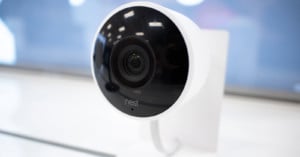
Google will allow "emergency disclosures" of video footage to the police from its Nest cameras, without a warrant.
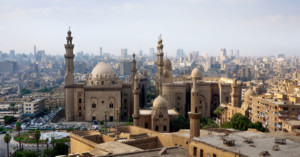
Egypt is set to shift how it regulates photography in public spaces. On the one hand, it will ease restrictions on street photography, but on the other, it will criminalize taking photos that it deems are "offensive to the country."
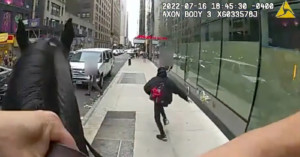
The New York Police Department (NYPD) has posted bodycam footage taken from one of their mounted police officers as they apprehend an alleged sunglasses thief in Times Square.

A new Arizona law will soon make it illegal for bystanders to record police activity within eight feet. Civil rights activists and national press photographers have condemned the act as a violation of free speech.
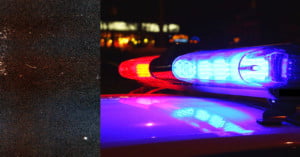
Computer scientists at the University of Groningen have created a system to analyze the noise produced by individual cameras to help law enforcement fight child exploitation.
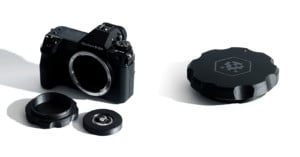
Camera and computer accessory brand Nine Volt has created a camera body cap that on the surface looks normal, but secretly hides a slot to hold an Apple AirTag so that photographers can always locate their equipment.
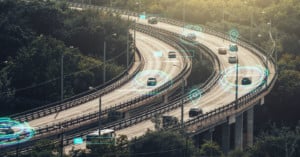
Driverless vehicles have been tested on public San Francisco streets for several years, but a newly revealed training document shows the cameras that allow them to avoid obstacles are also being used by the police to surveil the public.
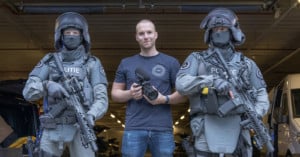
Niels de Kemp has found his dream job: in addition to making a difference in the community as a police officer, he also gets to produce video and photo content for the task force's online presence.
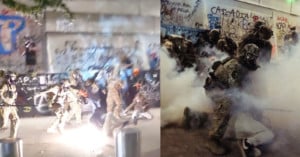
A documentary photographer has filed a lawsuit against the United States Department of Homeland Security, alleging that during a protest in 2020, they threw him onto a gas canister that exploded beneath him, causing third-degree burns.
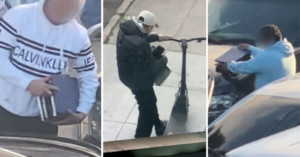
A detailed investigation has revealed what happens to all of the stolen cameras and electronics that are pilfered from cars across San Francisco: they are all sold on the street -- often within a matter of hours of theft -- and in broad daylight.
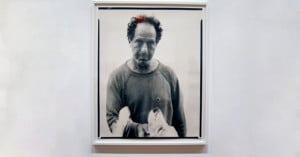
Photographers are often viewed with suspicion by police, and there are regular headlines about people being harassed and detained for simply shooting photos. However, being stopped by police for this type of "suspicious" behavior is not an issue unique to the digital age. Renowned photographer Robert Frank was even jailed for three days while driving through Arkansas in 1955 as he shot his famous photo book The Americans.
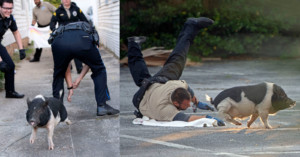
Photojournalist Tony Giberson of the Pensacola News Journal documented quite the police chase this week when law enforcement spent an hour trying to chase down a runaway potbellied pig.
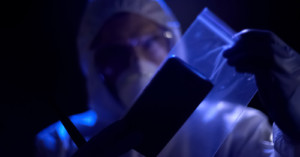
A reporter from a Univision affiliate in Arizona has accused police of illegally seizing his phone and threatening to access its contents by "brute force" during an incident in April.

Journalism and civil rights groups have joined in the effort to overturn a West Palm Beach appeals court decision that they think could block the public and press from filming police in the future.

The NPPA has announced that it will instruct police, first responders, and journalists across the United States about citizens' right to record police and officials who are carrying out their public duties.
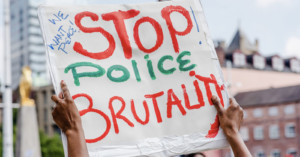
An independent photojournalist that sued the D.C. Police following his arrest for filming a protest in 2020 has won a settlement.
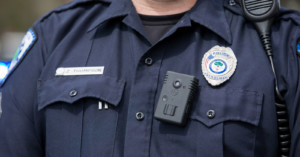
A research paper released by the University of Chicago Crime Lab and the Council on Criminal Justice's Taskforce on Policing shows that body-worn cameras are both "beneficial and cost-effective."
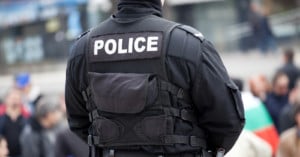
Journalists and photographers covering the protest of the death of Daunte Wright in Minneapolis this past Friday night were rounded up by law enforcement, forced on their stomachs, and only released after they had their faces and press credentials photographed.